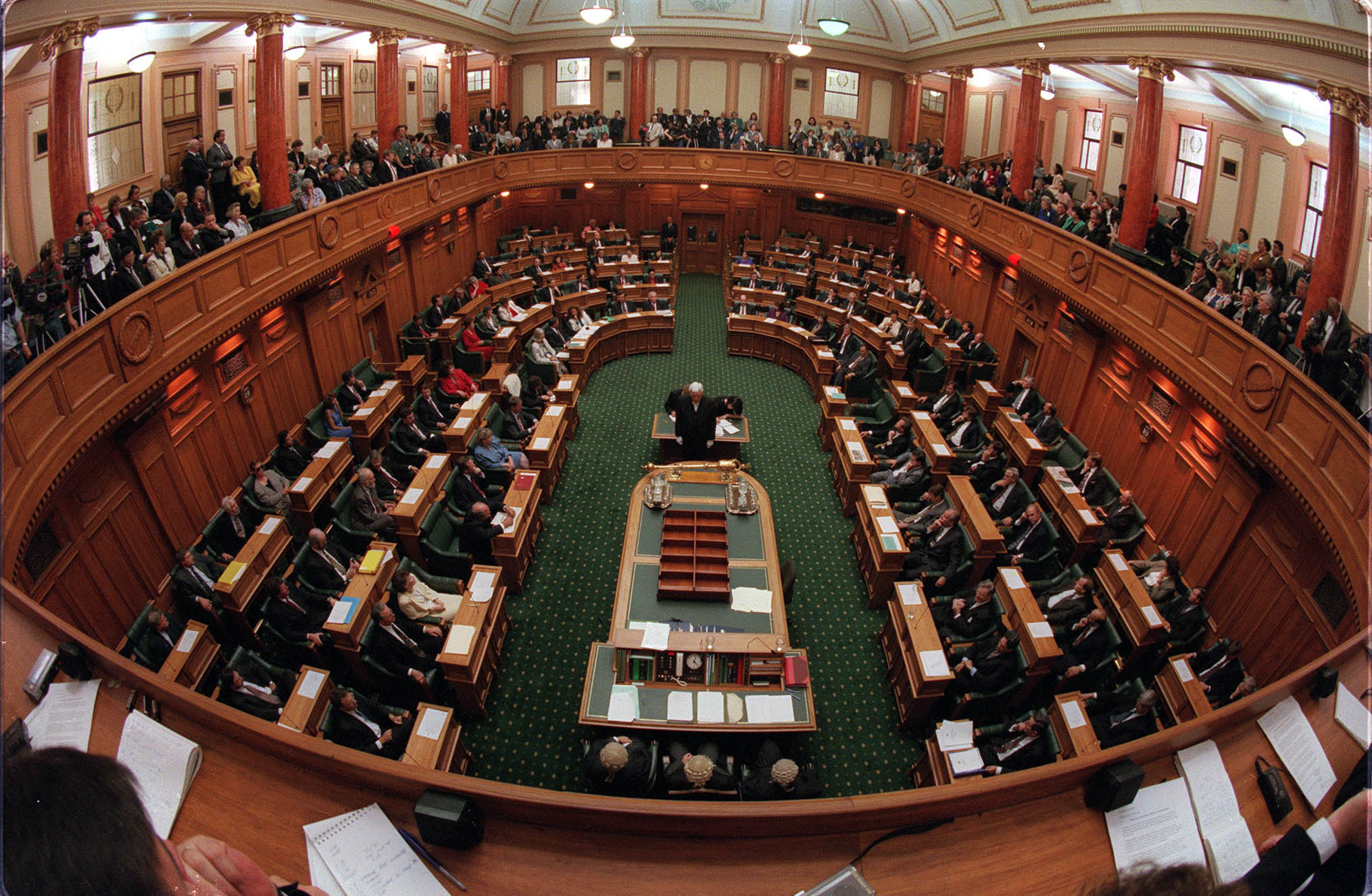
Take the Customs (Levies and Other Matters) Amendment Bill for example.

It firstly allows Customs to cover its costs when managing goods, it secondly makes it easier to collect fees charged under the Waste Minimisation Act, and it thirdly ensures that imported goods incur GST in the same way that other goods do.
So far, so procedural. That was certainly what the Foreign Affairs, Defence and Trade select committee thought, its five-page report back to the House finding no issues with the Bill’s design, and few pressing issues arising from the 12 written submissions on the Bill.
No-one felt strongly enough about it to request an oral hearing on the Bill.
"We thank submitters for their contributions; however, we are not convinced that the issues they raised require further consideration," the committee’s report said.
"We think the cost recovery changes proposed by the Bill will be positive for businesses. The Bill does not propose increasing levies, but is aiming to create a more effective regime.
"Further, it is standard practice for Customs to collect revenue on behalf of other government agencies, and we are supportive of this method for regulatory and administrative efficiency."
Given all that, you might imagine that passing this into law would take Parliament half an hour or so.
Think again my friend, as Labour (which had voted for it at every stage up until now) and the Greens (who also had previously voted for it and were still going to vote for it) dragged the whole business out for hour after scintillating hour.
This was their way of punishing the government for having added this Bill to a suite of legislation it was progressing under urgency.
Now, the Opposition does have a point here: the government has made extensive use of urgency and extended hours in recent months.
While some Bills — and the international adoption legislation which the government took this week’s urgency for to pass through all stages is a good example — do require lawmakers to get a wriggle on, some don’t.
This, Opposition parties felt, emphatically fell into the "don’t" camp, and Labour Dunedin list MP Damien O’Connor was among those milking it for all it was worth.
"This Bill might seem like an innocuous one that, you know, is just a bit of a tidy-up and the government’s just moving ahead with making things ‘more efficient across the economy’," he said.
"It actually goes to the heart of who we are as a nation, a trading nation. The government makes a lot of noise about keeping costs low, but what this Bill does is it actually opens the door to any charges for anything in relation to customs, import, or export of goods, at the minister’s behest. That is a dangerous situation for any democratic system."
Not only was the government undermining the entire philosophy of checks and balances on executive power, it was also breeding uncertainty and consternation for all businesses he thundered.
O’Connor later suggested that the relevant minister, Casey Costello, might be leaving an open chequebook around for ministers to misuse, or laying herself open to be pressured by senior colleagues to slap fees on any old thing . . . qualms which she sought to allay.
Her efforts earned grudging praise from O’Connor in his third reading speech — "I have to acknowledge the minister who stood up and answered most of the questions that we had" — but he still used his full speech to demonstrate that Labour was "keeping the government honest in a very important area of our economy."
Time was a key issue for Dunedin Green list MP Francisco Hernandez, whose five minutes were punctuated by encouraging cheers from the government benches, such as: "Well done. You’ve only got two more minutes. You can make it."
Encouraged, he issued a stirring plea for the government to back his party co-leader Marama Davidson’s doomed right to repair Bill — which actually was vaguely relevant to the waste minimisation component of the Bill he was actually speaking on.
"Now, finally, with only around one minute left to go, I really want to turn my attention and really make sure to thank the people who are staffing the border at customs." Hernandez said before finally getting to the core of the matter.
"With about just 15 seconds left — well, 12 seconds left of my time now — I do want to issue a note on process," he said.
"I really don’t think we needed to use urgency to pass this legislation. But if we’re going to use urgency, we’re going to drag it on for as long as possible."
And with that mission accomplished, the House ground its way ever on.
Historical ties
Fascinating piece of family history from Southland National MP Joseph Mooney, posted on social media after he attended Koroneihana 2025.
One of his great great grandfathers was Sergeant John Castle, a member of the Armed Constabulary stationed in the Waikato in the 1870s. One of John Castle’s daughters was Mooney’s great grandmother.
Alexandra (now called Pirongia) was Castle’s base, and also where Kingi Tāwhiao, the second Māori monarch, symbolically laid down his weapons in 1881.
"Family history records that Sergeant John Castle and King Tāwhiao went on to visit each other, talk, exchange gifts and developed a friendship with one another." Mooney wrote.
"It was an opportunity today to reflect on our complex and fascinating history as we build relationships for the future."











